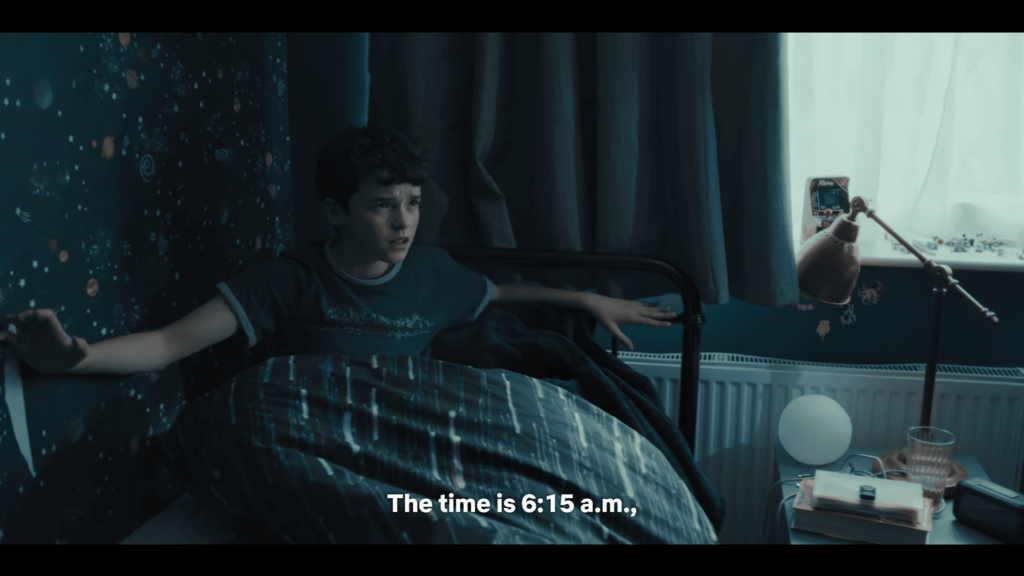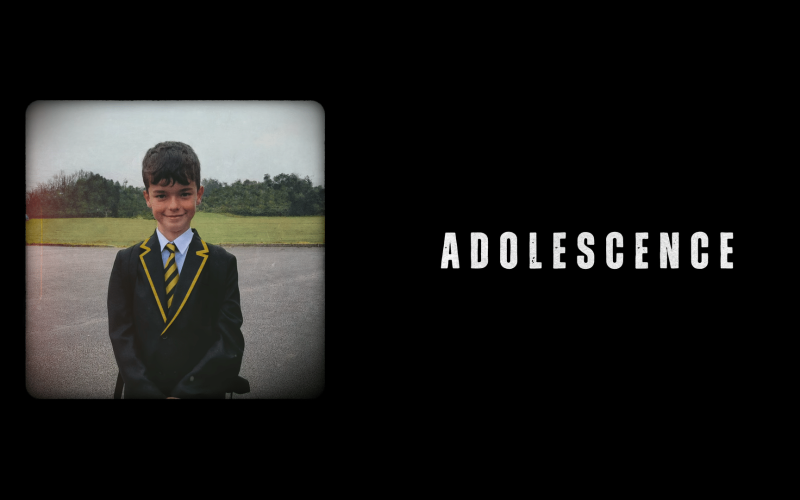The New Netflix series Adolescence is a true rollercoaster of emotions. This four-episode mini-series unwraps every parent’s worst nightmare: How could this be happening? Why is this happening? How could this be true? How is this even possible? The helplessness… the doubt… the fear… the rage… the inner criticism… Then, inevitably, the acceptance.
Adolescence: The Helplessness
BOOM! Your front door is broken off the hinges, and a crew of uniformed men come rushing in. What do they want? Your 13-year-old son. Why do they want him? For the suspicion of murder. They tear apart your house, searching for any clues they might find, only to leave you feeling helpless and in a sea of destruction that they left behind. Your son is hauled away, helpless, soaked in tears and urine.
Now, while you are stuck behind a locked door, anxiously waiting for someone to tell you what is happening, your son is made to decide: does he want mom with him or dad? Who will have to sit and watch him endure the embarrassment of the samples being taken and the strip search. All the boy can do is repeat the words, “I didn’t do anything”. You have no choice but to believe him. He’s innocent. He’s only a child.
Adolescence: The Search for Evidence

Being naive to the new world, your kids’ world, and the subtleties that can have a major impact can cast a shadow on reality. This is proven true during the search for evidence. Clues can be right in front your face, and you will easily overlook them. The description of schools: The sights. The sounds. The smells. The interruptions. The disengaged teachers. The physical bullying. The cyber bullying. This all rings true for kids nowadays. This is where it all sinks in.
Adolescence: The True Colors Come Out
In the interview, you see all sides of his persona: From mocking and laughing to avoidance and re-direction to rage and intimidation. It becomes clear that the boy is not willing to be outsmarted. He needs and craves control over the person in front of him. It is a true display of the inner turmoil that lives inside of him, the adolescence. Unsurprisingly, the woman conducting the interview is left in tears.
The father’s inner criticism must come out. Did I protect him enough? Could I have protected him more? Did we create the murderer that is their child? Is it my fault? Once again, suppression kicks in, and he fights to let it go. All he has left is an empty room with a lonely bear on the bed—a pillow to muffle the screams. The bear is tucked in one last time, with a kiss to its forehead and a final message: “I’m sorry, son”.








